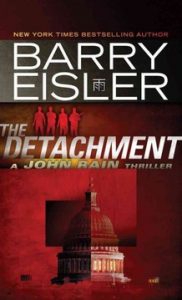
“Amazon read about it and approached me with what is essentially a hybrid deal, the best of both worlds,” Eisler tells NPR’s Lynn Neary. Eisler retained control over packaging and business decisions that were important to him. The digital title was released about a month after the manuscript was finished. And he was thankful to have “the entire Amazon marketing juggernaut behind the book” — something an author misses out on when self-publishing. “Amazon offered me the best of both worlds, and it really worked out well,” he says….
“To say that publishers really care passionately about books as though they are concerned about what’s better for the world … I’m sure when they look in the mirror they feel that way. … We all do,” he says. “But in fact, what they care about is preserving their own position, perks and profit — that’s just what establishment players come to do over time.”
Ironically, this is exactly what he’s doing for his own writing career – preserving perks and profit – but that’s certainly his prerogative. A traditional publisher cannot possibly compete with the royalty rate a writer can offer him/herself if it wants to still pay the rent and employees, so it has to cut corners where a writer doesn’t. The article goes on:
But not everyone is celebrating his success. His decision to self-publish, he says, was initially greeted with a lot of enthusiasm and excitement from people advocating for changes in the publishing industry. A best-selling author walking away from a big advance from a legacy publisher was a milestone for the self-publishing world.
“But then, when I signed with Amazon, those ‘attaboys’ turned to cries of ‘Hypocrisy!’ and ‘Eisler is a sellout!’ and that sort of thing,” Eisler says.
But Eisler stands by his decision to sign on with the distribution giant. “My objectives were to make more money from the title to get the digital out first, and to retain more control over business decisions,” he says. Self-publishing was a good way to achieve those goals, but Amazon’s deal was a better way.
No argument from me. The point of self-publishing is to have more editorial and monetary control. If you can have this and better distribution, there’s not a lot of argument against it, except it hurts the “movement.” It doesn’t really because overall he’s given self-publishing a lot of cache.
Get an Editorial Review | Get Amazon Sales & Reviews | Get Edited | Get Beta Readers | Enter the SPR Book Awards | Other Marketing Services



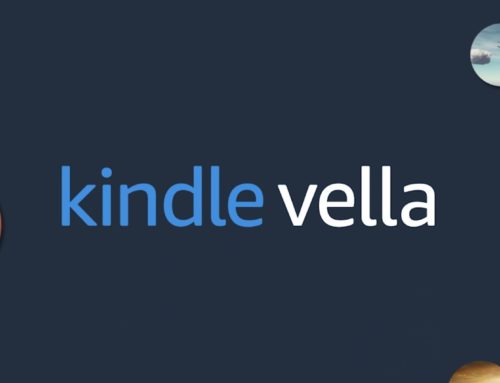
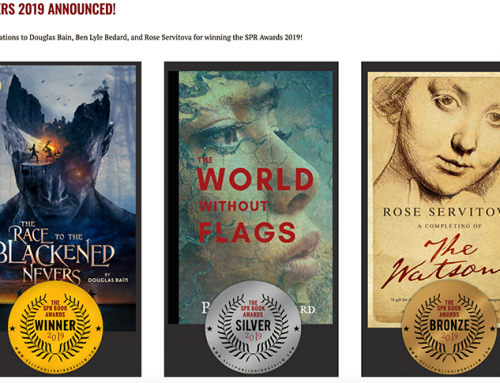
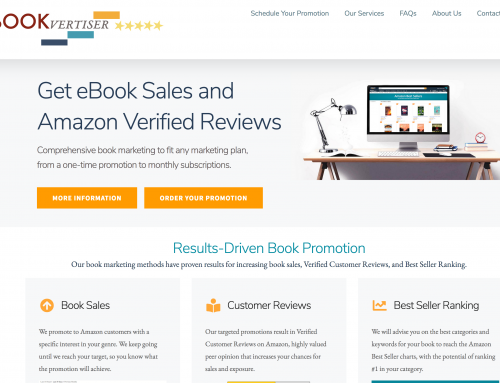
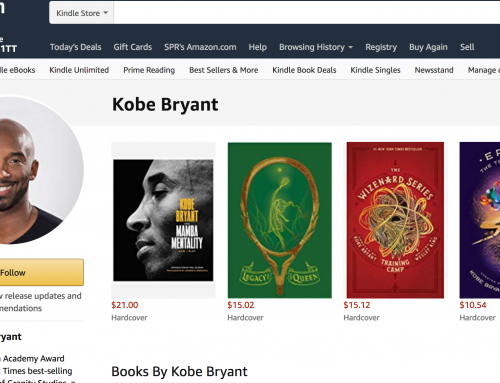
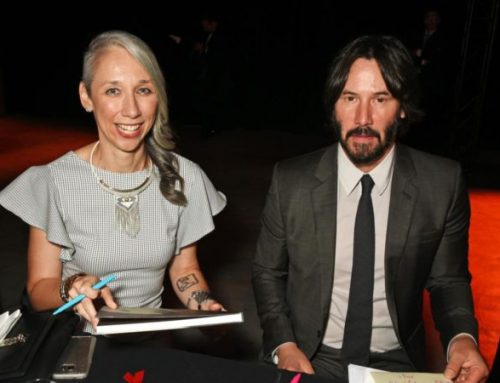
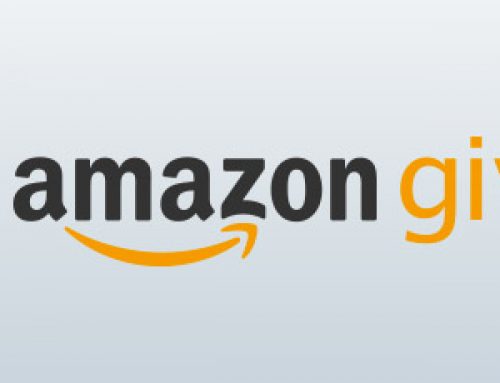

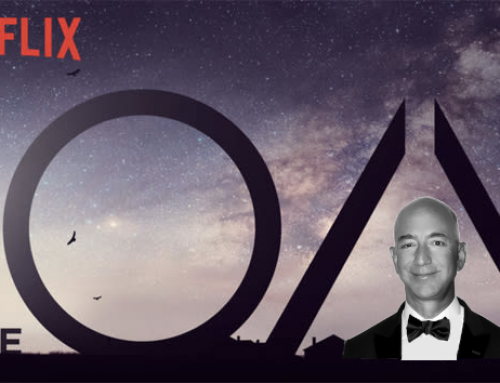
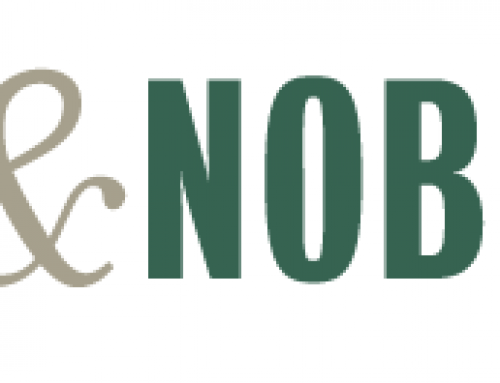
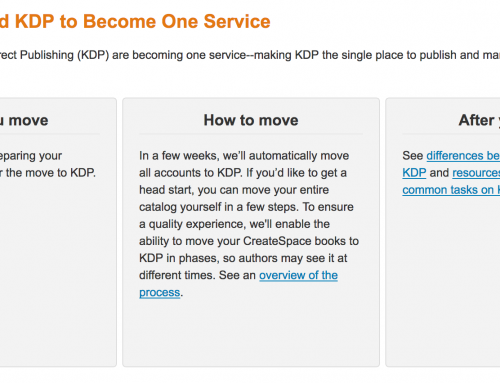
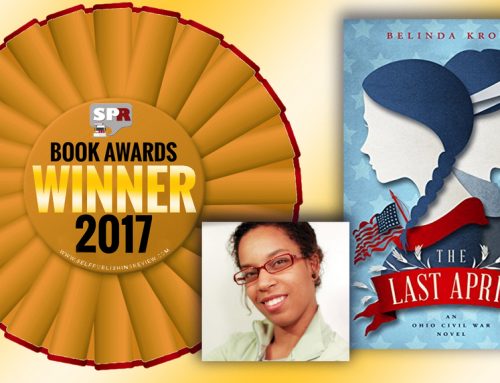
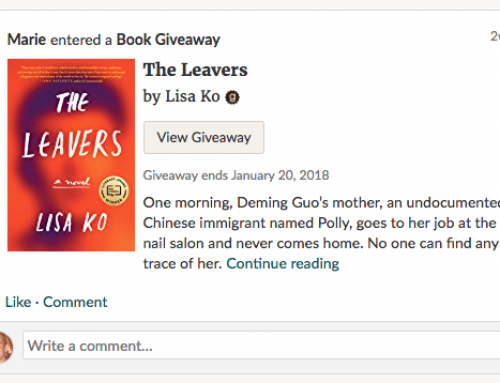
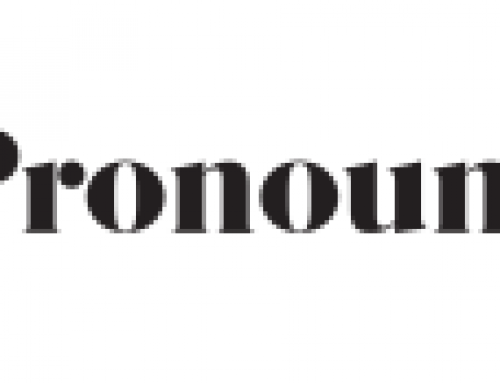
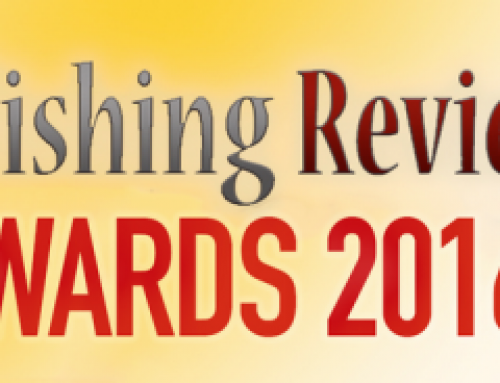
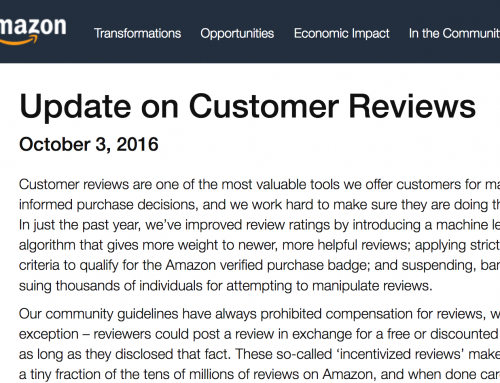
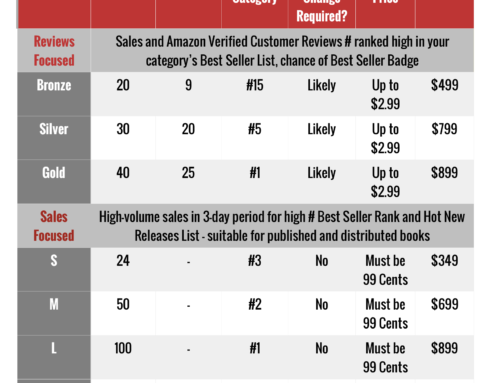
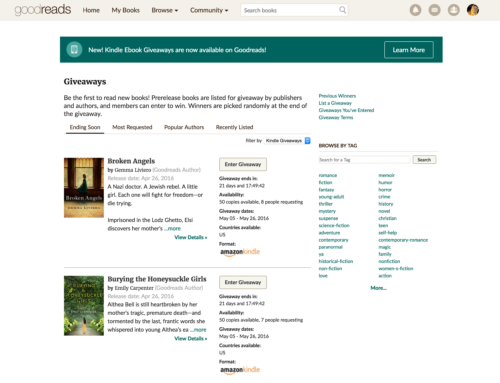
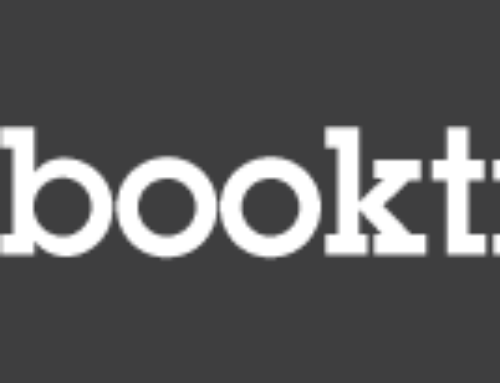
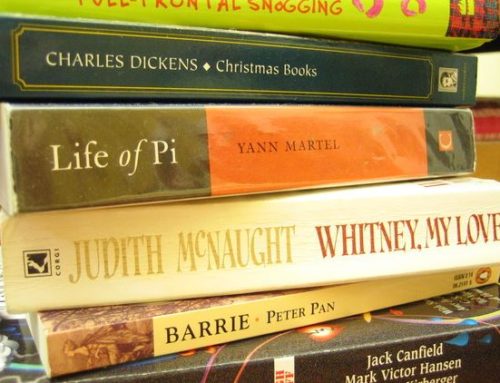
I agree – I dont think many people would turn down the ‘best of both worlds.’ Like you say he has given self publishing a larger voice and at least he is exploring other routes out there which can give some hope to budding authors everywhere!
Marissa, I agree with you and Henry. The main thing for me is editorial control — independence. Based upon what you’ve said, Henry, and I’ve read elsewhere, I’d have to conclude Barry Eisler is still an independent author. If this isn’t the case, I’d be glad to hear arguments to the contrary.